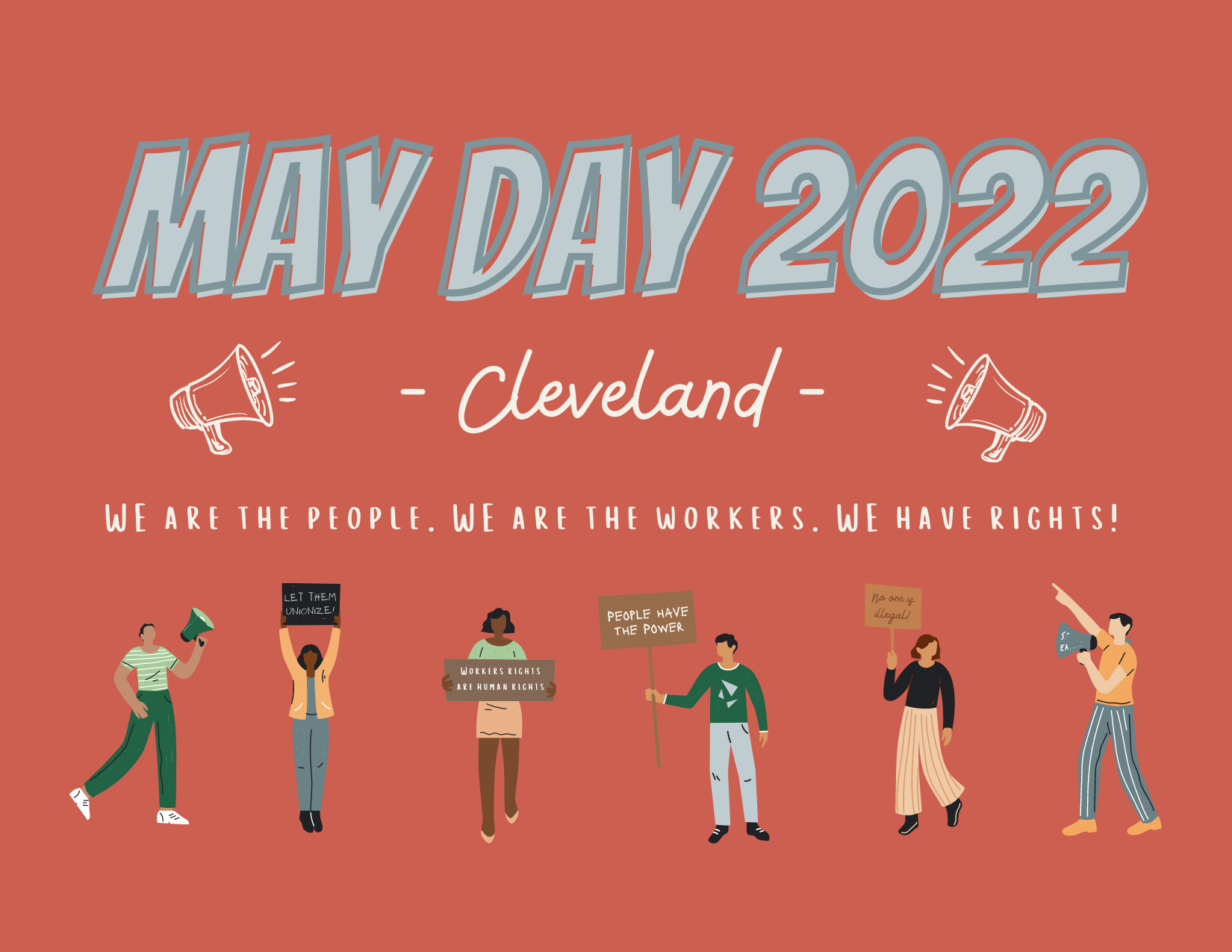Reproductive rights activists across Latin America have vowed to protect hard-fought gains in their own territories as they brace for potential ripple effects if the US supreme court overturns Roe vs Wade – the 1973 ruling which guarantees the right to abortion. Latin America has some of the most draconian anti-abortion laws in the world. But feminist movements have fought for decades to chip away at the prohibitions, and in recent years a younger, diverse generation of activists has mobilized in massive numbers to help clinch a string of victories in traditionally conservative countries.
- Home
- About Us
- Issues
- Countries
- Rapid Response Network
- Young Adults
- Get Involved
- Calendar
- Donate
- Blog

